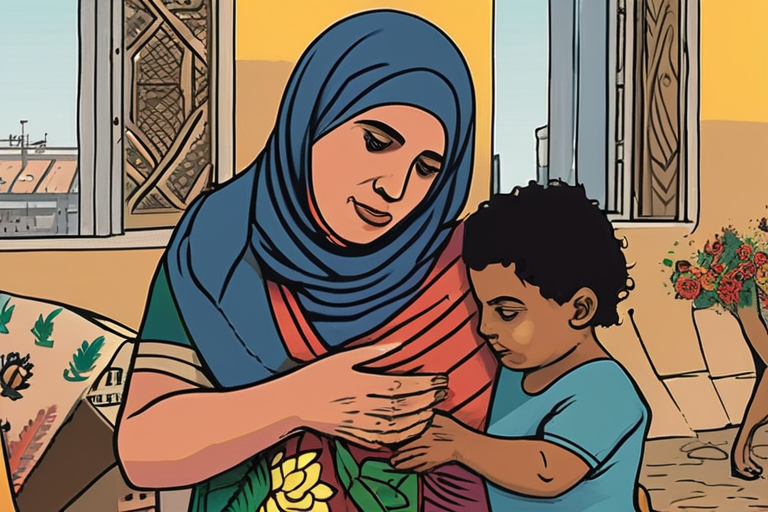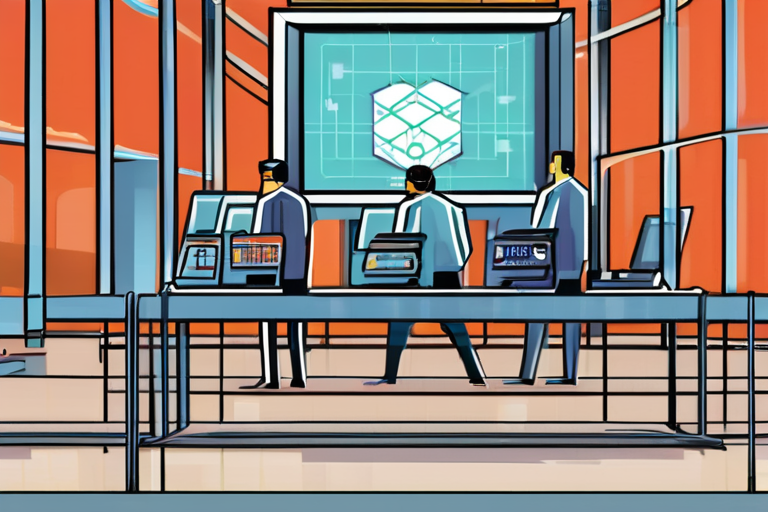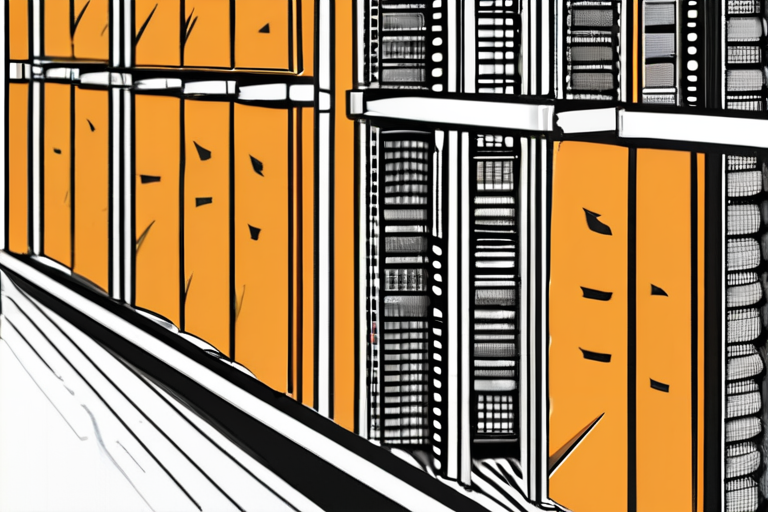Mothers in Gaza Give Life to the Next Generation Despite Genocide
GAZA CITY, GAZA STRIP - In the midst of a two-year-long conflict that has claimed at least 66,000 Palestinian lives, mothers in Gaza have continued to give birth to new generations. For Tasneem Al-Wawi, a 19-year-old writer and poet from Gaza, her experience of giving birth during the current genocide is a testament to the resilience of women in the face of unimaginable adversity.
Tasneem's son, Ezz Aldin, was born on December 25, 2023, just as the conflict escalated. The hospital where she gave birth was overcrowded and lacked steady electricity, making it difficult for her to recover from childbirth. "I labored for hours in a crowded hospital with no food or diapers," Tasneem recalled. "But when I finally held my son in my arms, all my pain and suffering seemed worth it."
The current conflict began on October 7, 2023, when Hamas attacked Israel, leading to a retaliatory response from Israeli forces that has resulted in widespread destruction and loss of life in Gaza. The situation has been exacerbated by the lack of access to basic necessities such as food, water, and healthcare.
According to Dr. Mona El-Kurd, a Palestinian doctor who has worked in Gaza's hospitals during the conflict, "The humanitarian crisis in Gaza is unprecedented. Women are giving birth under conditions that are far from ideal, and it's a miracle they're able to do so." Dr. El-Kurd emphasized that the situation is not just about the physical challenges but also the emotional toll on women who have lost loved ones and are struggling to cope with the trauma.
The conflict has had a profound impact on the lives of Palestinians in Gaza, including children. According to UNICEF, over 1 million children in Gaza have been affected by the conflict, with many experiencing trauma, displacement, and loss of access to education and healthcare.
Despite these challenges, mothers like Tasneem continue to give birth and care for their children. Their resilience is a testament to the strength of Palestinian women who have endured decades of occupation and violence. As one mother, Amal Al-Sayed, said, "We may not have much, but we have our children, and that's what gives us hope."
The situation in Gaza remains dire, with ongoing fighting and a severe shortage of basic necessities. Efforts are being made by international organizations to provide aid and support to those affected, but more needs to be done to address the root causes of the conflict.
In conclusion, the story of Tasneem and her son Ezz Aldin is a powerful reminder of the human spirit's ability to persevere in the face of unimaginable adversity. As the world watches the situation unfold in Gaza, it is essential to acknowledge the resilience of Palestinian women who continue to give life to their children despite the genocide.
Background:
The conflict between Israel and Hamas began on October 7, 2023, with a retaliatory response from Israeli forces that has resulted in widespread destruction and loss of life in Gaza. The situation has been exacerbated by the lack of access to basic necessities such as food, water, and healthcare.
Additional Perspectives:
Dr. Mona El-Kurd, Palestinian doctor: "The humanitarian crisis in Gaza is unprecedented. Women are giving birth under conditions that are far from ideal, and it's a miracle they're able to do so."
Amal Al-Sayed, mother: "We may not have much, but we have our children, and that's what gives us hope."
Current Status:
The situation in Gaza remains dire, with ongoing fighting and a severe shortage of basic necessities. Efforts are being made by international organizations to provide aid and support to those affected.
Next Developments:
The international community is calling for an immediate ceasefire and increased humanitarian aid to address the crisis.
Efforts are being made to establish a safe passage for medical supplies and personnel to reach Gaza.
The situation on the ground remains fluid, with ongoing fighting and shifting dynamics.
*Reporting by Theintercept.*



 Hoppi
Hoppi
 Hoppi
Hoppi

 Hoppi
Hoppi

 Hoppi
Hoppi

 Hoppi
Hoppi

 Hoppi
Hoppi










